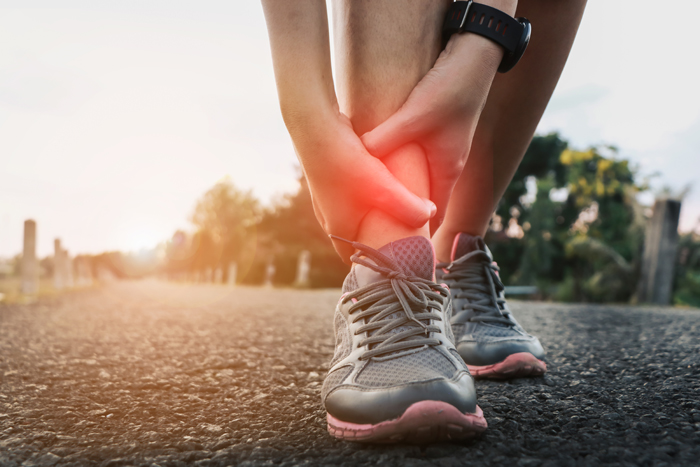Sports Medicine
The medical branch of Sports medicine, also known as sports and exercise medicine, deals in physical fitness and the prevention and treatment of injuries related to sports and exercise. Sports medicine aims to safely and effectively help individuals meet training goals. Sports medicine experts address many physical conditions, including acute traumas such as fractures, sprains, strains, and dislocations.

What do we need to know about sports medicine?
Sports medicine specialists treat chronic overuse disorders such as tendinitis and elbow fractures. Sports medicine is a branch of medicine that combines medical education with the specific principles of sports science, exercise physiology, orthopedics, biomechanics, sports dietary habits, and sports psychology. A sports medicine squad comprises physicians, surgeons, athletic trainers, sports psychiatrists, physical therapists, nutritionists, coaches, and personal trainers.
To avail of sports medicine, you can consult an orthopedic doctor near you or visit an orthopedic hospital near you.
What are the conditions treated by sports medicine?
Sports medicine doctors are orthopedic specialists who treat athletes and those suffering from musculoskeletal injuries. Apart from muscles, bones, and injuries, a sports medicine physician treats a variety of other related conditions such as:
- Illnesses, chronic or acute
- Foot injuries
- Various muscle injuries
What are the most common sports injuries?
- Sprains occur because of ligament stretching or tearing
- A strain occurs when a muscle gets overly stretched and gets torn
- ACL refers to a torn anterior cruciate ligament in the knee
- Rotator cuff injuries occur in the tissues (tendons) that connect muscle to bone around the shoulder joint
- Pitcher's elbow pain
- Tennis elbow, an irritation of the connective tissue between the forearm muscle and the elbow
- Achilles tendon tear: a partial or complete rupture of the tendon just above the heel
- Bone fracture
- Dislocations
- Damaged cartilage causing excruciating pain, inflammation, and disability
- Torn meniscus
- Arthritis
Many sports medicine specialists, such as orthopedic surgeons, can perform arthroscopic surgeries. An arthroscopy requires minimal incision and ensures minimal scarring and faster recovery.
When do you need to see a sports medicine specialist?
- If you experience sudden trauma or severe pain
- If your pain persists after a period of rest
- If your pain subsides but then reappears
- If you suspect a variety of orthopedic disorders
- If you cannot move or bend a joint
You can request an appointment at Apollo Spectra Hospitals, Chembur, Mumbai.
Call 1860 500 2244 to book an appointment.
Conclusion
The field of sports medicine is expanding, as is the number of specialists required to work with athletes. Modern sports medicine research and innovation will continue, and more and more opportunities will become available in the future.
When you run fast, lactic acid accumulates in your muscles, causing painful cramps. You continue to breathe quickly after running. The extra oxygen in your lungs reacts with the lactic acid in your muscles, breaking it down to produce carbon dioxide and water.
Athletes can use anabolic steroids as performance-enhancing drugs, increasing muscle mass and decreasing fat while leading to many unfavorable side effects. Some athletes, weightlifters, and bodybuilders use them regularly to improve their physical performance and build their bodies. Sports authorities ban global use of anabolic steroids. Anabolic steroids have both short- and long-term fatal side effects, including high blood cholesterol levels, severe acne, fluid retention, hair thinning and baldness, and liver damage.
The limited published data on the effects of growth hormones on athletic performance shows that while growth hormone increases lean body mass in the short term, they do not improve strength and may worsen exercise capacity.
Our Top Specialities
NOTICE BOARD
CONTACT US
CONTACT US
 Book Appointment
Book Appointment


.svg)
.svg)
.svg)
.svg)








